Summary
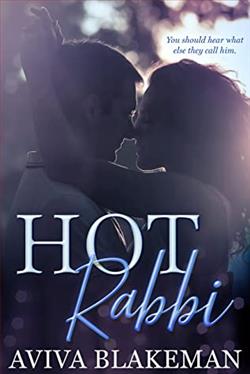
Hot Rabbi
by Aviva Blakeman
For fifteen years, Shoshana Goldman has avoided her childhood synagogue. Her successful custom-furniture store keeps her busy enough, and the synagogue brings bad memories not peace. It will take nothing short of a minor miracle to change her mind.Intrigued by her friends’ convictions that the new “hot Rabbi” is that minor miracle, Shoshana agrees to attend a service. It’s only one service, right? But meeting the new Rabbi changes everything.David Freedman is settling into his new town and his new job easily. As a single dad and a Rabbi, his priorities are his daughter and his congregation. He doesn’t have time for romance, especially with the sexy pink-haired Shoshana whose tendency to say whatever she’s thinking is a breath of fresh air. But his attraction to Shoshana is a distraction he doesn’t want to give up. He knows a romance with a congregant is a bad idea. So it’s a very good thing Shoshana isn’t a member.As David and Shoshana grow closer, Shoshana’s troubled past threatens to destroy their happiness. Will David be the miracle she needs to live fully in the present?Content warning: discussions of grief over loss of a parent
.
Read
Hot Rabbi on http://kissnovel.net
Martial Peak Reviews
In Aviva Blakeman's Hot Rabbi, readers are invited into a world where faith, personal struggle, and unexpected romance intertwine in a narrative that is both heartwarming and thought-provoking. The story revolves around Shoshana Goldman, a woman who has distanced herself from her childhood synagogue due to painful memories. Her life as a successful custom-furniture store owner keeps her occupied, but the emotional scars from her past linger, creating a barrier between her and her community.
The book opens with Shoshana's reluctance to return to the synagogue, setting the stage for her internal conflict. Blakeman skillfully captures Shoshana's complex emotions, making her a relatable character for anyone who has ever grappled with their past. The author’s portrayal of grief and loss is poignant, particularly as Shoshana navigates her feelings regarding her deceased parent. This theme of grief is a central thread throughout the narrative, providing depth to Shoshana's character and her motivations.
When Shoshana finally agrees to attend a service, she meets Rabbi David Freedman, a single father who is also adjusting to his new role in the community. David is depicted as a dedicated and compassionate leader, yet he is also portrayed with vulnerabilities that make him more human. His attraction to Shoshana is immediate, but Blakeman does an excellent job of illustrating the tension between professional ethics and personal desire. David's internal struggle about pursuing a relationship with a congregant adds a layer of complexity to the story, making readers root for their connection while also understanding the potential consequences.
The chemistry between Shoshana and David is palpable, and Blakeman's writing shines in these moments of tension and attraction. Their conversations are filled with wit and honesty, showcasing Shoshana's bold personality and David's more reserved demeanor. This dynamic creates a refreshing contrast that keeps the reader engaged. Shoshana's pink hair and unapologetic attitude serve as symbols of her desire to break free from her past, while David's grounded nature represents stability and the possibility of healing.
As their relationship develops, Blakeman does not shy away from addressing the challenges that arise from Shoshana's troubled past. The author deftly explores the impact of unresolved grief on relationships, highlighting how Shoshana's reluctance to fully embrace her present life threatens to derail her budding romance with David. This exploration of emotional baggage is handled with sensitivity, making it clear that healing is not a linear process. Readers will find themselves empathizing with Shoshana as she confronts her fears and learns to trust again.
The supporting characters in Hot Rabbi also deserve mention, as they enrich the narrative and provide additional perspectives on faith and community. Shoshana's friends, who encourage her to attend the synagogue, serve as a reminder of the importance of connection and support in overcoming personal struggles. Their belief in the "hot Rabbi" as a catalyst for change is both humorous and heartwarming, adding a lightness to the otherwise serious themes of the book.
Blakeman's writing style is engaging and accessible, making the book a quick read while still offering substantial emotional depth. The dialogue flows naturally, and the pacing is well-balanced, allowing for moments of reflection amidst the unfolding romance. The author’s ability to weave humor into serious situations adds a delightful contrast, making the characters’ journeys feel authentic and relatable.
In terms of thematic exploration, Hot Rabbi delves into the intersection of faith and personal identity. Shoshana's journey back to the synagogue is not just about rekindling her connection to her Jewish roots, but also about rediscovering herself. The book raises important questions about belonging, forgiveness, and the courage it takes to confront one’s past. Blakeman’s portrayal of a modern rabbi navigating the complexities of faith and family life is refreshing, offering a nuanced perspective on spirituality in contemporary society.
For readers who enjoy stories that blend romance with deeper emotional themes, Hot Rabbi is a compelling choice. It resonates with fans of authors like Sarah Addison Allen and Rebecca Serle, who also explore themes of love, loss, and personal growth within their narratives. Blakeman’s ability to create relatable characters and a heartfelt story makes this book a standout in the genre.
Overall, Hot Rabbi is a beautifully crafted novel that invites readers to reflect on their own relationships with faith, community, and love. Aviva Blakeman has created a story that is not only entertaining but also deeply resonant, reminding us that healing is possible and that sometimes, it takes a little push from unexpected places to find our way back to ourselves. This book is a testament to the power of connection and the miracles that can happen when we allow ourselves to be vulnerable.




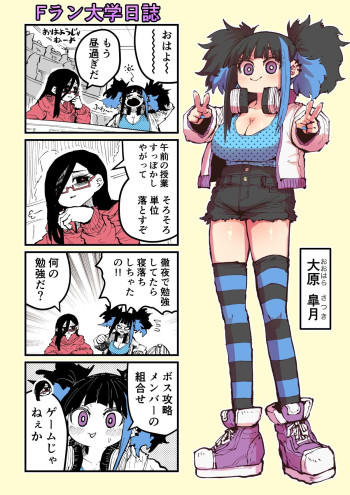
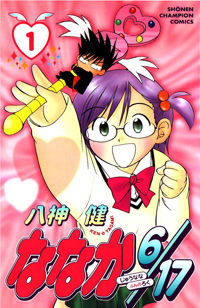

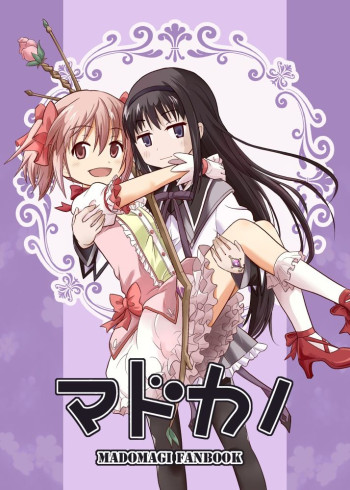


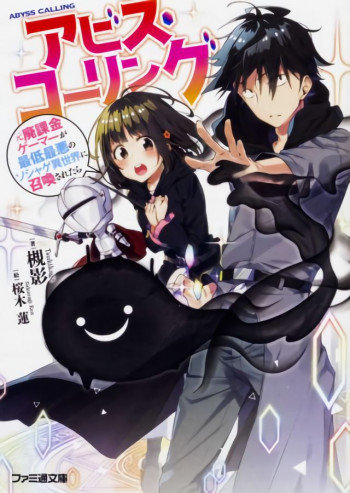
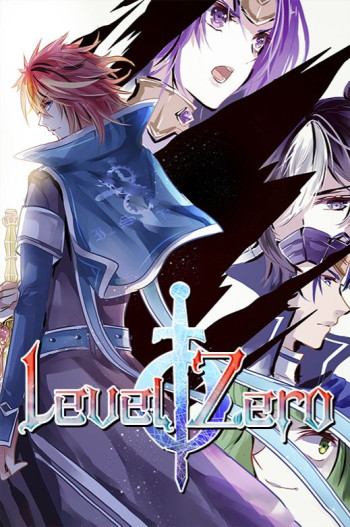
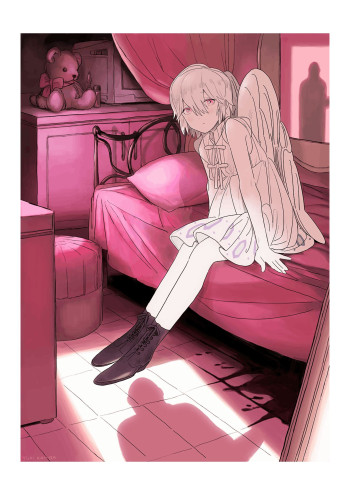
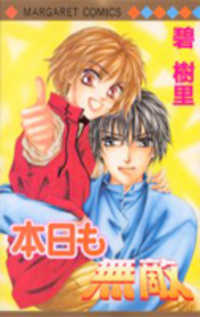










Reviews 0
Post a Reviews: